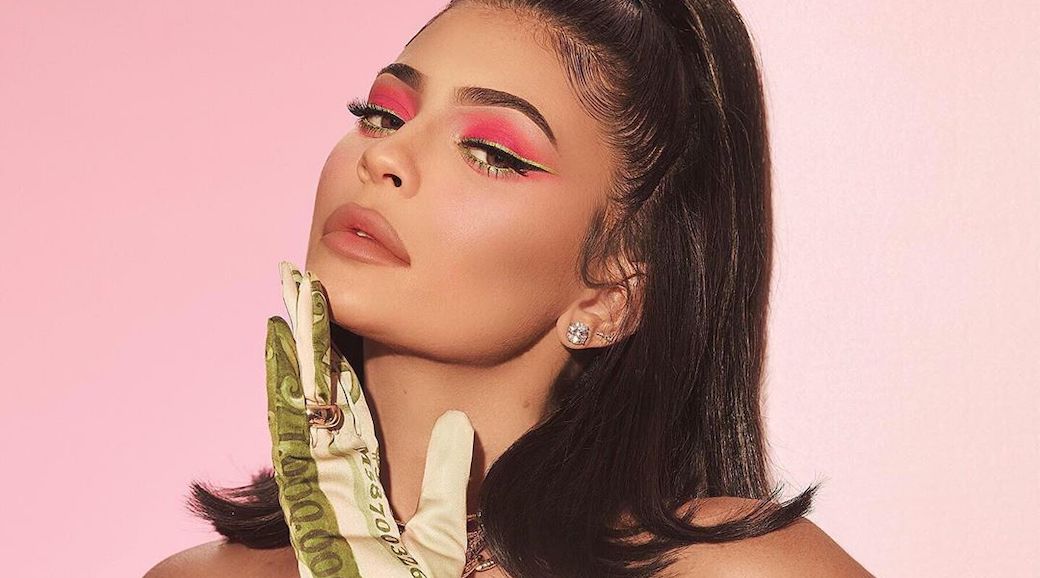On November 18, 2019, Coty, Inc. bought a 51% controlling stake in Kylie Cosmetics for US$600 million.
It’s a ‘wait and see’ scenario now with analysts cautious about the investment at a time when the Gen Z customer – Kylie Cosmetics’ core customer – is paring down her cosmetics bag.
While social media is excited because they love sharing the reality TV star’s every move, how will this pan out?
Coty’s experience as a brand builder dates back to 1904 when the eponymous founder, François Coty created one of the earliest affordable fine fragrances. The rest is history.
Now with some 77 brands in its portfolio, including Bourjois, CoverGirl, Rimmel and Sally Hansen, it is a global leading developer, manufacturer and distributor of beauty brands with sales in the US fiscal year to June 30, 2019 reported as US$8.65 billion (as reported by Forbes).
The backstory of Kylie Jenner’s Kylie Cosmetics is entrepreneurial. Formerly known as Kylie Lip Kits, it was renamed Kylie Cosmetics in 2016 after the release of the liquid lipstick and lip liner set at the end of November, 2015.
In 2018, Forbes reported the company was valued at US$800 million. In March 2019, Kylie Cosmetics was valued at US$900 million.
In 2014, Kylie signed on with Seed Beauty, a company launched by Laura Nelson. Inspiration for the debut products came from Jenner’s childhood insecurity about her lip size.
Jenner has described her decision to use her former insecurity as inspiration for her brand as “one of the most authentic things I’ve done in my career”. The first 15,000 lip kits were funded by Jenner at a cost of US$250K from her modelling earnings. Kylie Lip Kits debuted in 2015 and sold out within a minute crashing the site.
Jenner’s mother, Kris Jenner, then brought in Canadian e-commerce platform Shopify in late 2015 to outsource sales. The company was renamed to Kylie Cosmetics in February 2016 and production was increased to 500,000 kits. By the end of 2016, the total revenue was US$300 million.
In a month long pop-up event in November 2017, seven Topshop stores across the US sold Kylie Cosmetics products. In November 2018, Kylie Cosmetics began selling their products at Ulta. Many attribute the brand’s success to Jenner’s cosmetically altered lips.
The products are not tested on animals, and do not include any animal products such as honey or beeswax.
In July 2018, Forbes reported that Jenner was about to become the youngest self-made billionaire ever, largely due to the success of Kylie Cosmetics. In March 2019, it was confirmed by Forbes that Jenner is officially the youngest billionaire ever…and that was before the 51% investment from Coty, this November (2019).
And it is this that is concerning the analysts. She’s only 22 and has multifaceted interests. Kylie has poured her personal inspirations into the brand, her mother has driven the development, now Coty has to manage Kylie Cosmetics’ growth, navigating the evolving ethics and whims of the Gen Z customer. Skincare and fragrance have been reported as key pillars of future development.

